Diplomats prepare for critical Geneva meeting with Iran
Senior diplomats of the 5 permanent Security Council states and Germany meet Iran's negotiator today in Geneva for a critical meeting on Iran's nuclear program.
Thursday, 01.10.2009.
12:39

Senior diplomats of the 5 permanent Security Council states and Germany meet Iran's negotiator today in Geneva for a critical meeting on Iran's nuclear program. On the eve of the meeting, Iranian Foreign Minister Manouchehr Mottaki made a rare visit to Washington. Diplomats prepare for critical Geneva meeting with Iran The State Department says the Iranian foreign minister was given permission to visit the country's diplomatic interests section in Washington as a courtesy and that he had no meetings with U.S. officials. But the gesture of allowing the first visit of its kind in many years is none the less politically significant, coming on the eve of the Geneva meeting at which Iran will be pressed to resolve international concerns that its ambitious uranium-enrichment program may be weapons related. Assistant Secretary of State for Public Affairs P.J. Crowley said the Iranian minister, who had been taking part in United Nations meetings in New York, asked for and was granted permission to visit the Iranian diplomatic office in Washington, which is technically part of the Pakistani embassy and deals mainly with consular issues involving Iranian citizens in the United States. "We thought it was a straight-forward request," said P.J. Crowley. "We granted it on that basis. I think we're far more interested in having Iran come tomorrow to Geneva and we hope that they will be the ones who are offering gestures, that they are ready to address the concerns that the international community has. I wouldn't read too much into this. It was a straight-forward request and we granted it." A senior State Department official said later if the courtesy extended to Mottaki helps lead the Geneva talks in a more constructive direction, it would be terrific but he suggested there was no expectation that the highly-anticipated meeting would be decisive. Crowley said Thursday's meeting between the six powers and the Iranian nuclear negotiator is expected to be a one-day affair but said U.S. officials hope the Iranian side will be responsive enough to international concerns about its nuclear intentions that follow-on discussions can be held. "We're going to have this meeting tomorrow," he said. "We hope that it leads to a process. We hope that Iran will decide to come clean, to open up its facilities, to open up its files, to give us access to those who are working on the nuclear program so we can address the concerns that the international community has. This obviously will take some time if it works effectively and we're going to give it that time but at the end of the year, as the President has said, we'll evaluate where we are, the progress that has been made if any, and then we'll draw some conclusions from that." Crowley said the meeting will be chaired by European Union chief diplomat Javier Solana and that the format should allow for interactions between Iranian negotiator Saeed Jalili and the others present, including U.S. Undersecretary of State for Political Affairs William Burns. Suspicions that Iran's nominally-peaceful uranium enrichment drive may be weapons-related were heightened by last week's disclosure that the country is building a partially underground enrichment facility near the city of Qom. At the United Nations Wednesday, Secretary of State Hillary Clinton said Iran faces a choice of whether to comply with its international nuclear obligations or face greater isolation and international pressure. Iranian negotiator Jalili said in advance of the meeting he views it as a positive opportunity though the country's nuclear chief, Ali Akbar Salehi said Iran's right to enrich uranium is not open to discussion.
Diplomats prepare for critical Geneva meeting with Iran
The State Department says the Iranian foreign minister was given permission to visit the country's diplomatic interests section in Washington as a courtesy and that he had no meetings with U.S. officials.But the gesture of allowing the first visit of its kind in many years is none the less politically significant, coming on the eve of the Geneva meeting at which Iran will be pressed to resolve international concerns that its ambitious uranium-enrichment program may be weapons related.
Assistant Secretary of State for Public Affairs P.J. Crowley said the Iranian minister, who had been taking part in United Nations meetings in New York, asked for and was granted permission to visit the Iranian diplomatic office in Washington, which is technically part of the Pakistani embassy and deals mainly with consular issues involving Iranian citizens in the United States.
"We thought it was a straight-forward request," said P.J. Crowley. "We granted it on that basis. I think we're far more interested in having Iran come tomorrow to Geneva and we hope that they will be the ones who are offering gestures, that they are ready to address the concerns that the international community has. I wouldn't read too much into this. It was a straight-forward request and we granted it."
A senior State Department official said later if the courtesy extended to Mottaki helps lead the Geneva talks in a more constructive direction, it would be terrific but he suggested there was no expectation that the highly-anticipated meeting would be decisive.
Crowley said Thursday's meeting between the six powers and the Iranian nuclear negotiator is expected to be a one-day affair but said U.S. officials hope the Iranian side will be responsive enough to international concerns about its nuclear intentions that follow-on discussions can be held.
"We're going to have this meeting tomorrow," he said. "We hope that it leads to a process. We hope that Iran will decide to come clean, to open up its facilities, to open up its files, to give us access to those who are working on the nuclear program so we can address the concerns that the international community has. This obviously will take some time if it works effectively and we're going to give it that time but at the end of the year, as the President has said, we'll evaluate where we are, the progress that has been made if any, and then we'll draw some conclusions from that."
Crowley said the meeting will be chaired by European Union chief diplomat Javier Solana and that the format should allow for interactions between Iranian negotiator Saeed Jalili and the others present, including U.S. Undersecretary of State for Political Affairs William Burns.
Suspicions that Iran's nominally-peaceful uranium enrichment drive may be weapons-related were heightened by last week's disclosure that the country is building a partially underground enrichment facility near the city of Qom.
At the United Nations Wednesday, Secretary of State Hillary Clinton said Iran faces a choice of whether to comply with its international nuclear obligations or face greater isolation and international pressure.
Iranian negotiator Jalili said in advance of the meeting he views it as a positive opportunity though the country's nuclear chief, Ali Akbar Salehi said Iran's right to enrich uranium is not open to discussion.






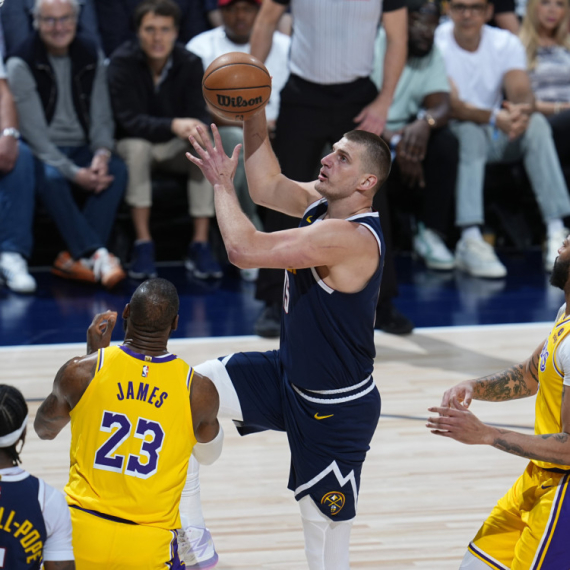



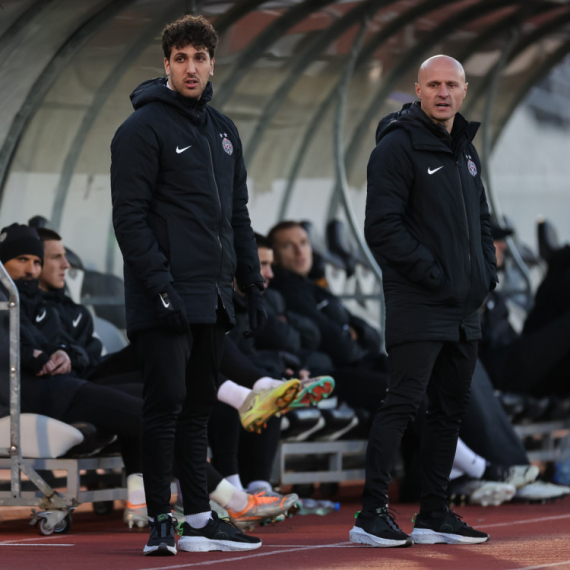

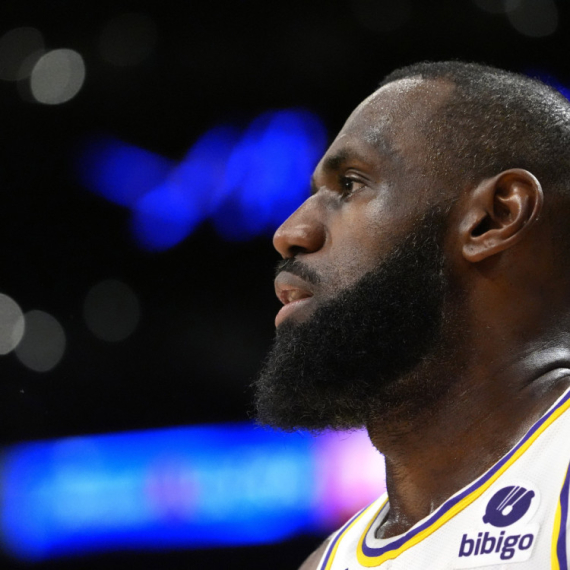

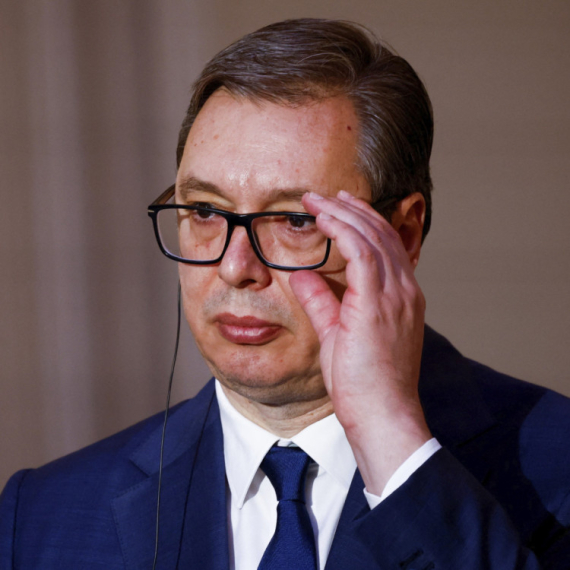
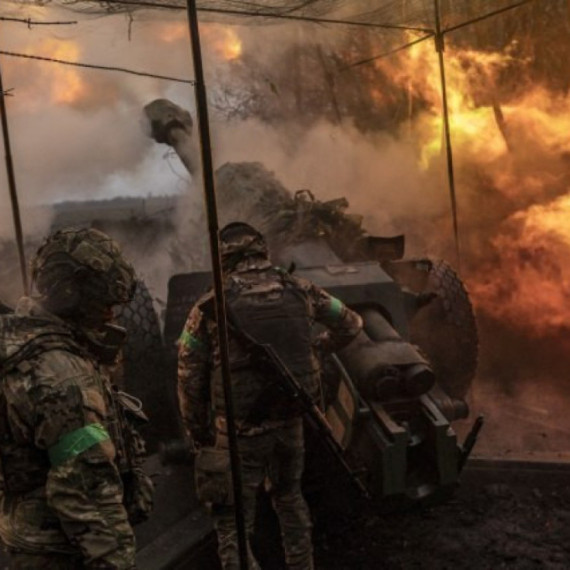
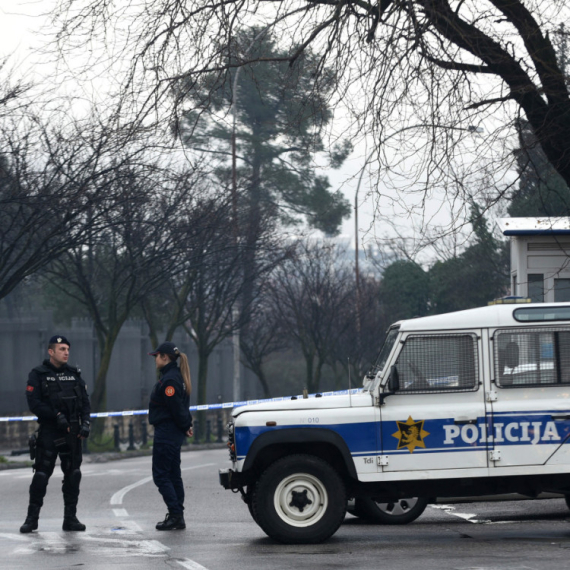
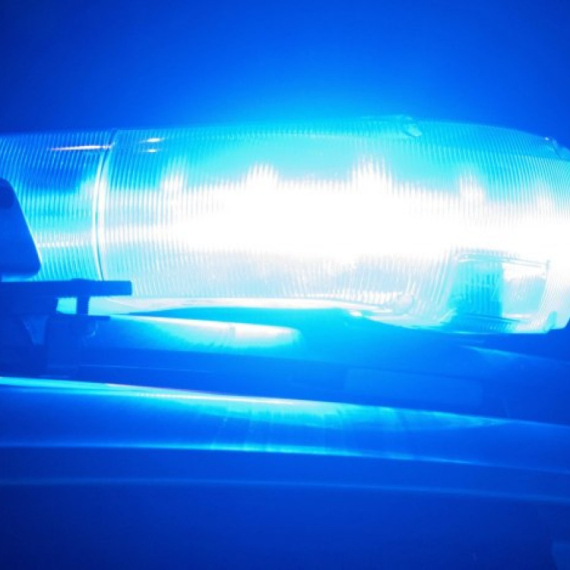

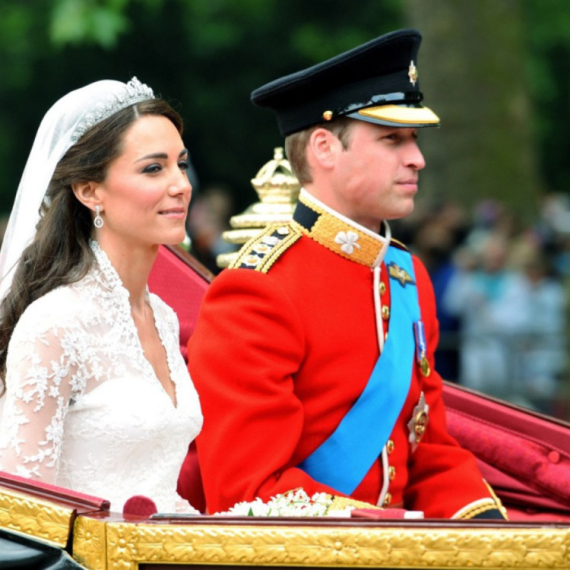
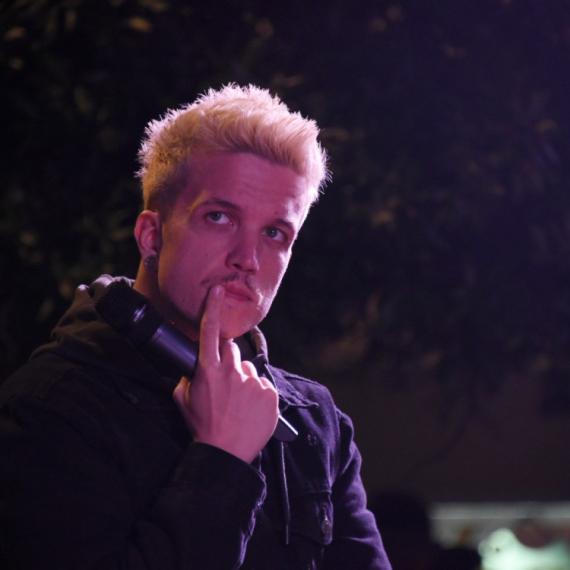
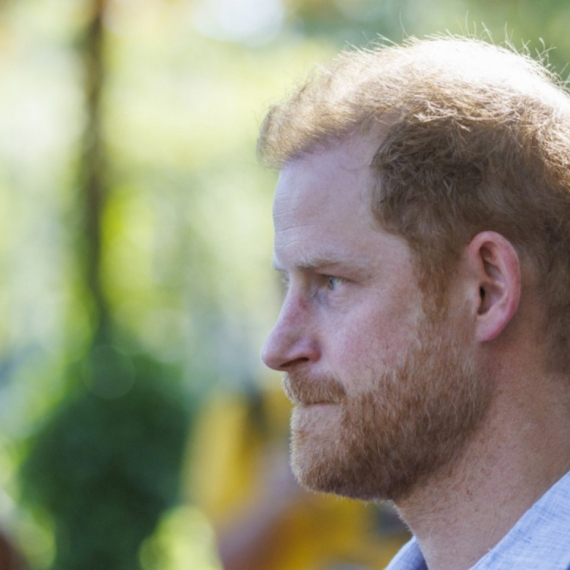

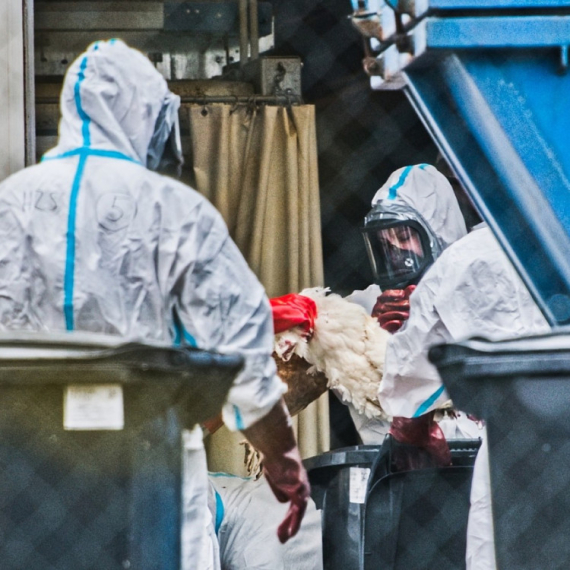



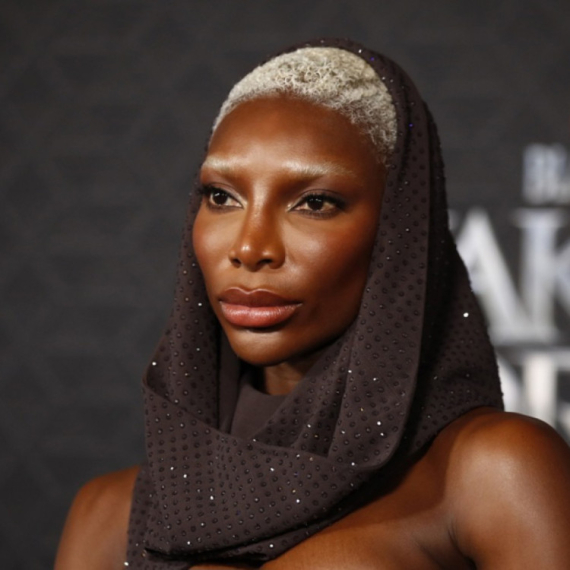
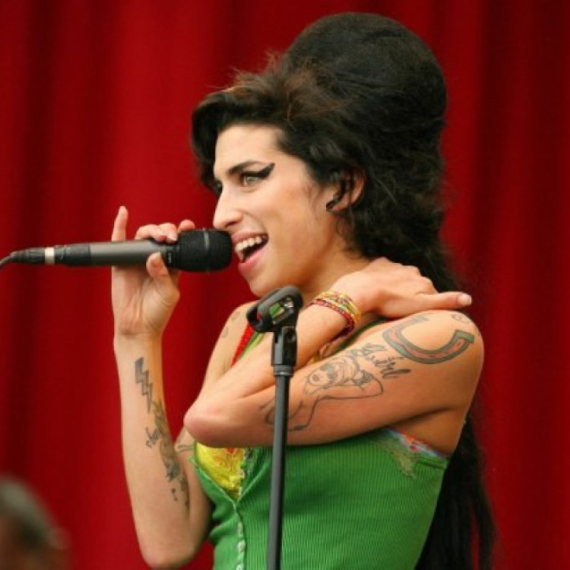

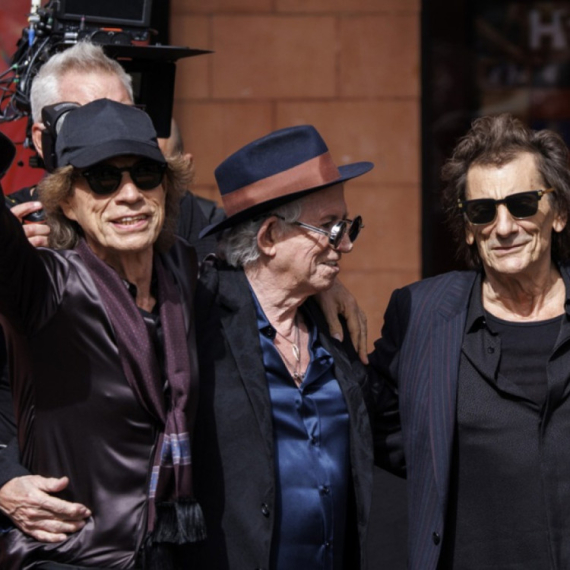
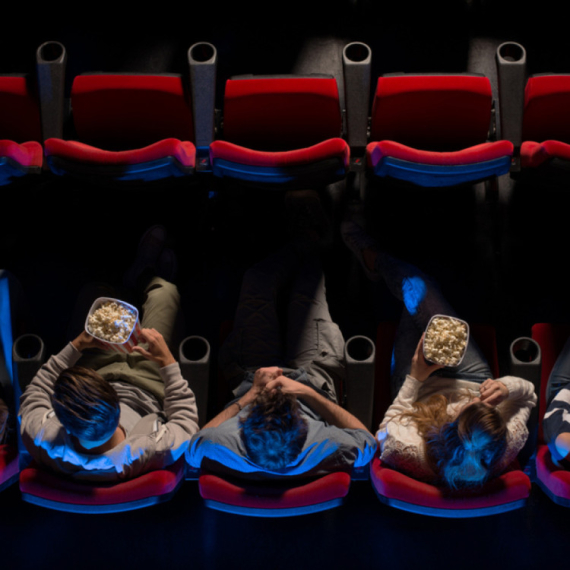





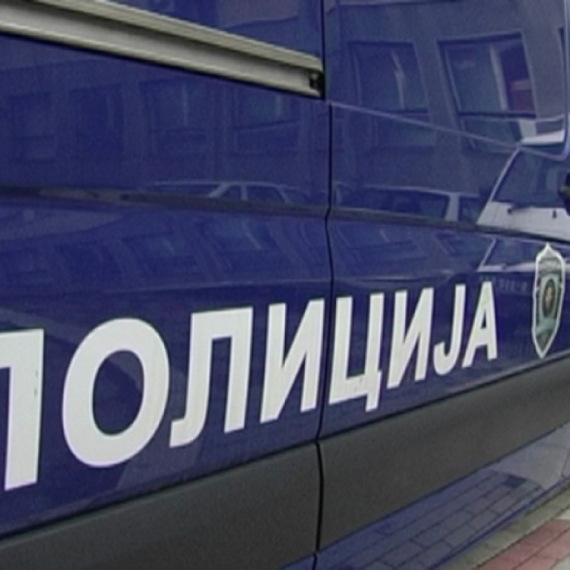
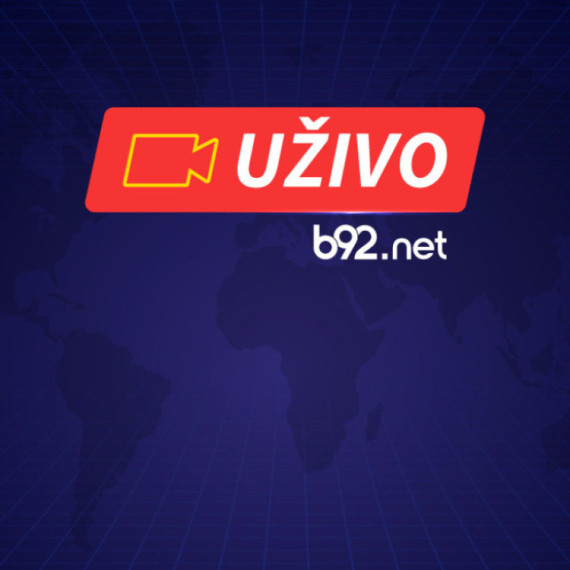
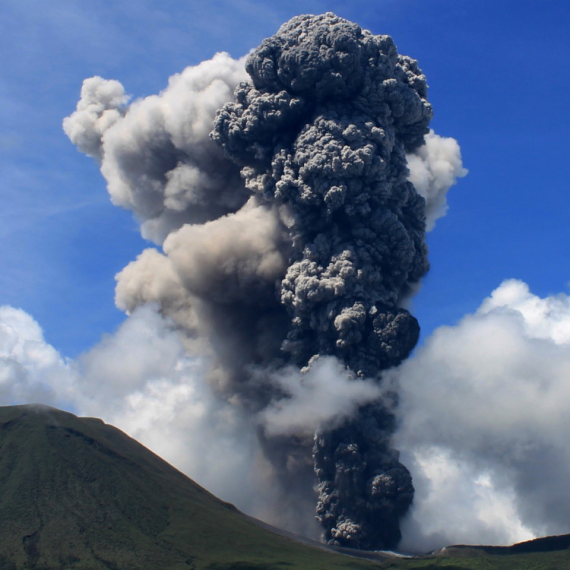
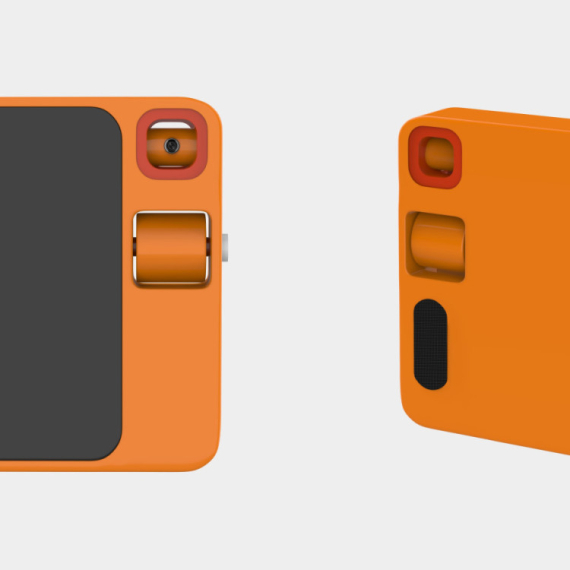

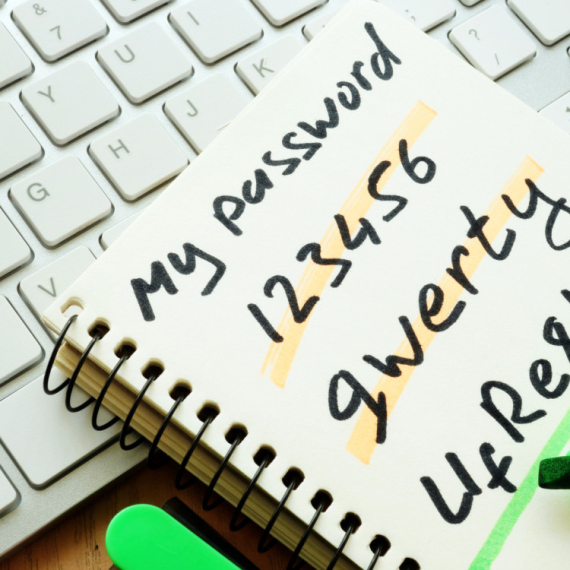
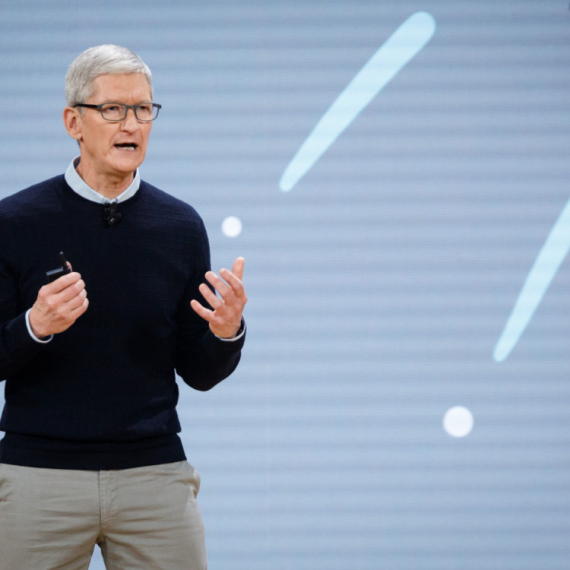


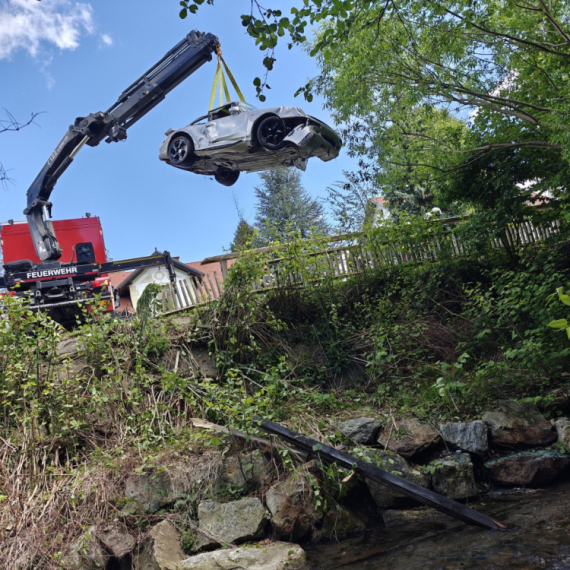
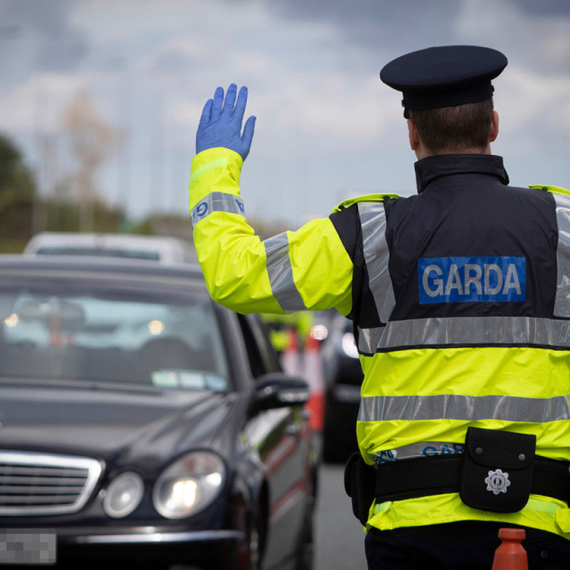

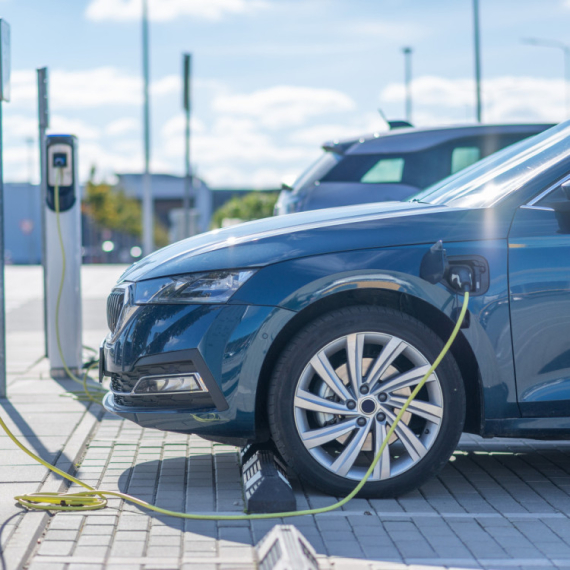
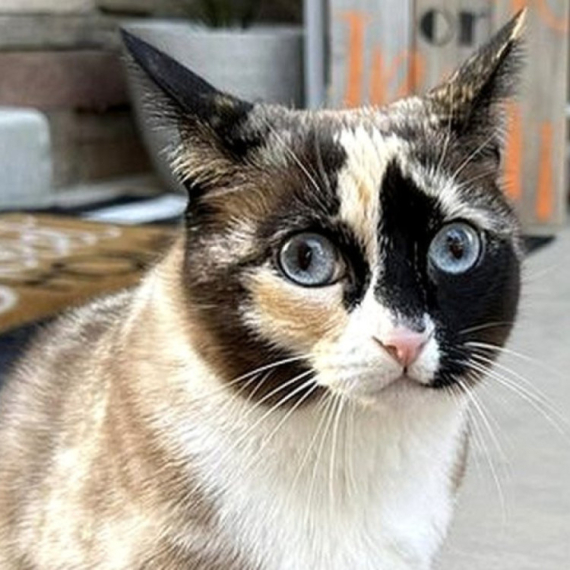
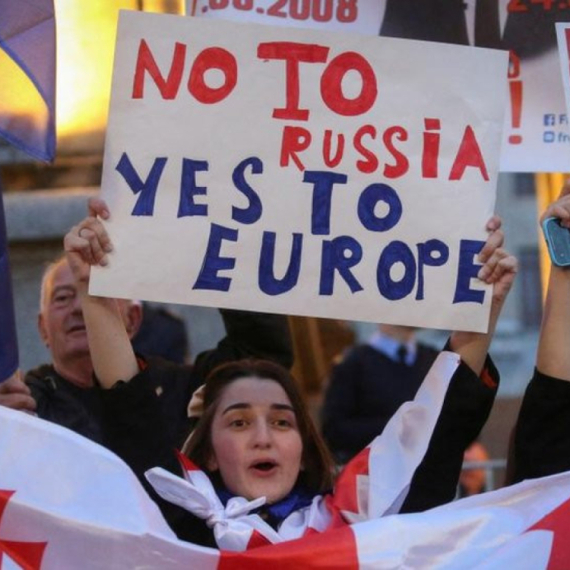
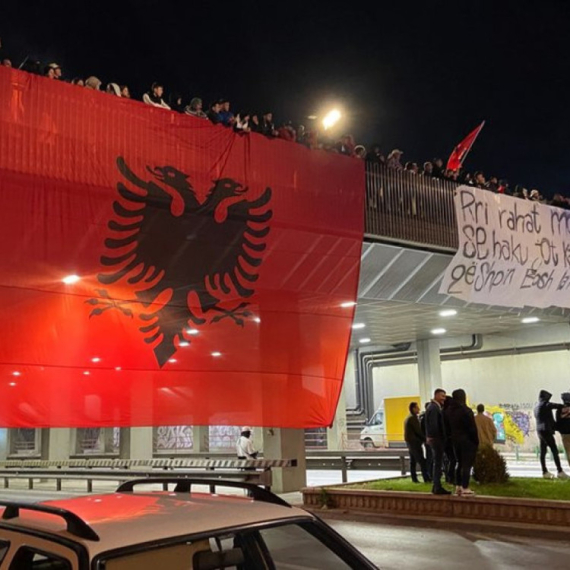
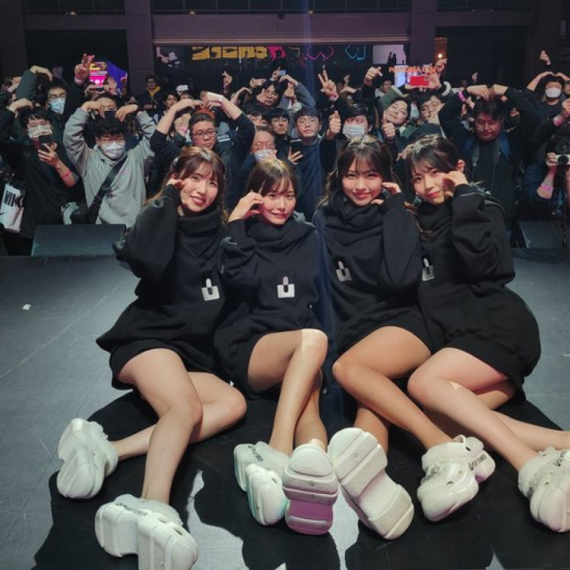


Komentari 1
Pogledaj komentare